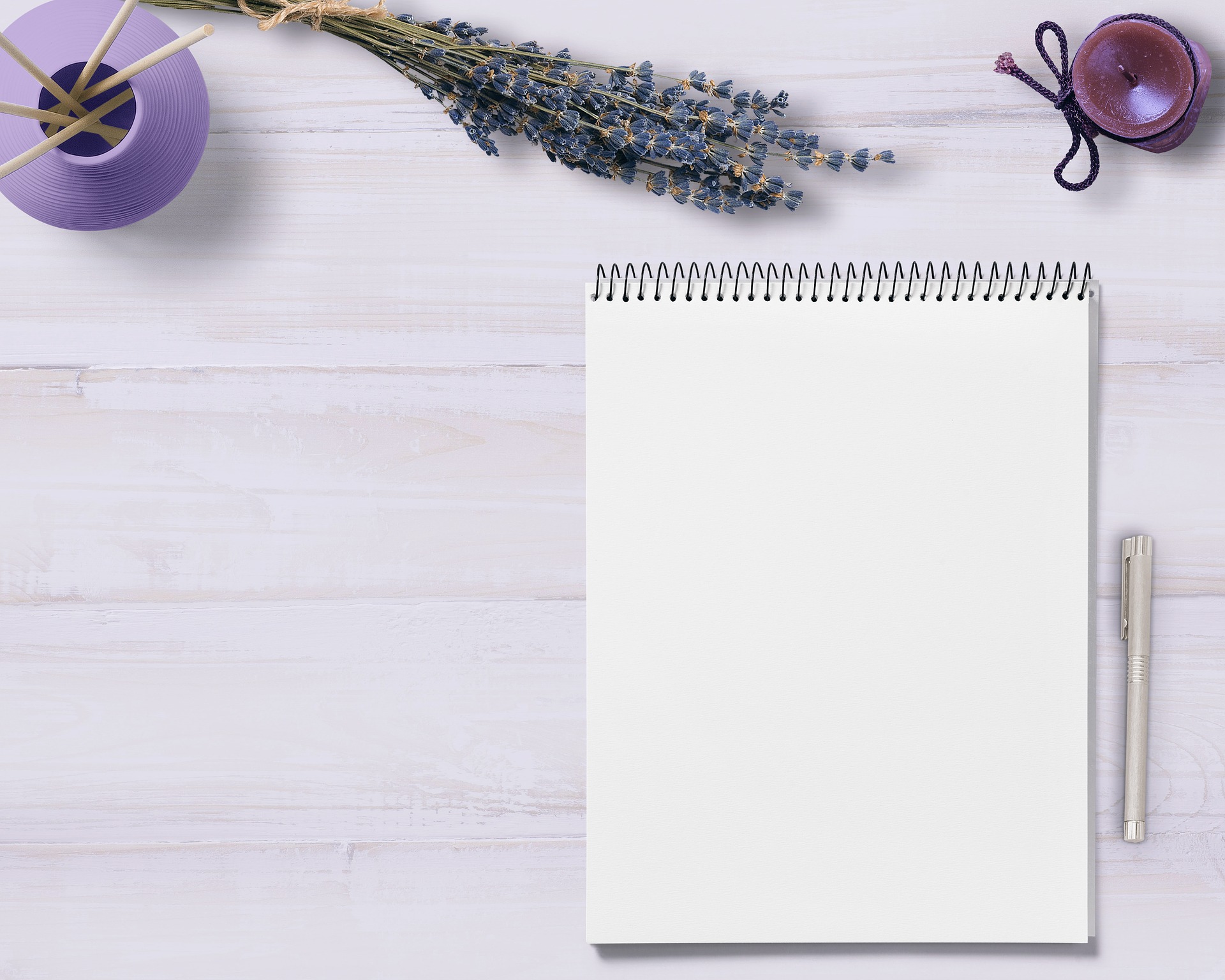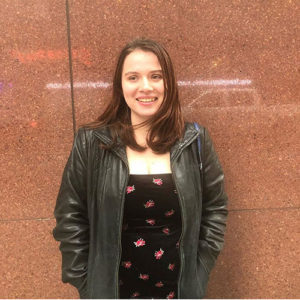Having written for dozens of publications, from Vogue to Vice, Marissa Miller’s extensive portfolio is certain to strike the interest of many journalists and media consumers alike.
Miller, who hails from Montreal, Quebec, isn’t what many would consider a typical Jewish journalist. Her beat doesn’t center on the Jewish world, but rather on gender, fashion, and beauty.
I spoke to Miller about her experiences as a writer, eating disorders, and advice that she has for college journalists.

This interview has been condensed for clarity.
JM: You’re Jewish and a journalist. Do you find that the two overlap?
MM: I’ve always been labeled the “Jewish bubbe” of my friends since I try to aggressively feed people when they come over. It’s that neurotic, overbearing maternal quality that I think informs the way I write. I particularly gravitate towards service journalism, which, as you know, presents a problem and offers solutions. I’m very solution-oriented like my Jewish mother and bubbe. I want my readers to walk away feeling full. The Jewish community where I’m from in Montreal is also pretty insular so I use writing to access different worlds that I was never privy to growing up.
In terms of whether Jewish themes crop up in my work, I’m trying to work on that. If the opportunity ever arises, I’d be open to exploring the ways in which Judaism intersects with beauty, fashion, style, and wellness in unusual ways.
JM: Have you had a moment that made you feel like you made it as a writer?
MM: I’m actually in the process of writing a book of essays told through the lens of impostor syndrome, and I include a quote of Tina Fey’s where she says she oscillates between phases of intense egomania and crippling self-doubt. Any time I land a major assignment—I can think of a few off the top of my head, like a bunch of half-page features in The New York Times, getting sent to cover a mass shooting for The Washington Post, interviewing Kylie Jenner for Teen Vogue and appearing on an episode of Keeping Up With The Kardashians, I know, I exist in multitudes—I have a habit of self-punishing by reading authors I deeply admire.
That achieves two things. First, I feel this overwhelming sense to accomplish more and do better. Then, I get this urge to give up and quit because my writing will never stack up. Then there are all those moments I’m asked to speak on journalism panels or give workshops or lectures, and there’s this different brand of “I made it” because these are non-journalism people looking to learn about journalism, of all people, from me. All this to say, I experience at least a few “I made it” moments a day that my inner impostor then quickly sabotages. Keeps me on my toes and also in my therapist’s office, so I have that going for me.
JM: You’re a fairly active Twitter user. While a lot of your funny tweets stand out, one that stands out for me was “s/o to all my fellow jews trying to survive rosh hashanah dinners with a low-grade eating disorder. i see you and i love you.” Why do find it important to send that Tweet?
MM: I remember when I was 14 years old, we were going to my bubbe and zayde’s house for a Passover seder. I was terrified of eating too much, so I drew a black X on the back of my hand and wrapped a rubber band around my wrist so that I could quite literally snap out of over-eating. It was a trick I learned on one of those pro-disorder Xanga blogs. I saw that sort of self-punishment as an offshoot of all my other positive attributes, like being disciplined or motivated. But it was destructive in ways I’m only discovering over a decade later. Food is so central to the Jewish holidays and the religion as a whole, and that can be painful for those of us with a complicated relationship with food. I had no one to talk to about those issues at the time. It helps to feel seen and understood even by one stranger on the internet, so that’s where that tweet came from.
JM: What advice do you have for college students who want to pursue journalism as a profession?
MM: A lot of people are going to want to stop you from pursuing journalism full-time. They’ll tell you all kinds of thing,s like it doesn’t pay or that it’s a very solitary endeavor. You don’t owe them an explanation, but for your own self-worth, know that those things aren’t necessarily true. Writing is itself a pretty isolating experience, but the process that leads up to it is anything but. You get story ideas by getting a bit physically and emotionally lost and asking complete strangers invasive questions.
It also helps to be active on social media or contribute to the larger dialogue whenever you can. Especially Twitter. You want to become part of the media ecosystem. Twitter is kind of a microcosm of the world if it were run by journalists, for better or for worse.
People get caught up in fabricating a personal brand, whatever that means, but your audience isn’t stupid, and can smell right through the bullshit. Be yourself. You’re in the business of truth. As a journalist, what sells isn’t only great writing, but a relatable, honest identity. We’re in the thick of the age of confessional writing, so editors and readers aren’t only buying your words, but who you are as a person. You’ll find out down the line that the act of writing and telling stories and learning more makes you a better person anyways, so that shouldn’t be too difficult.
Julia Metraux is a student at The New School in New York City.
Featured image credit: Pixabay.com/DarkWorkX.

